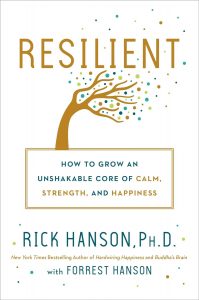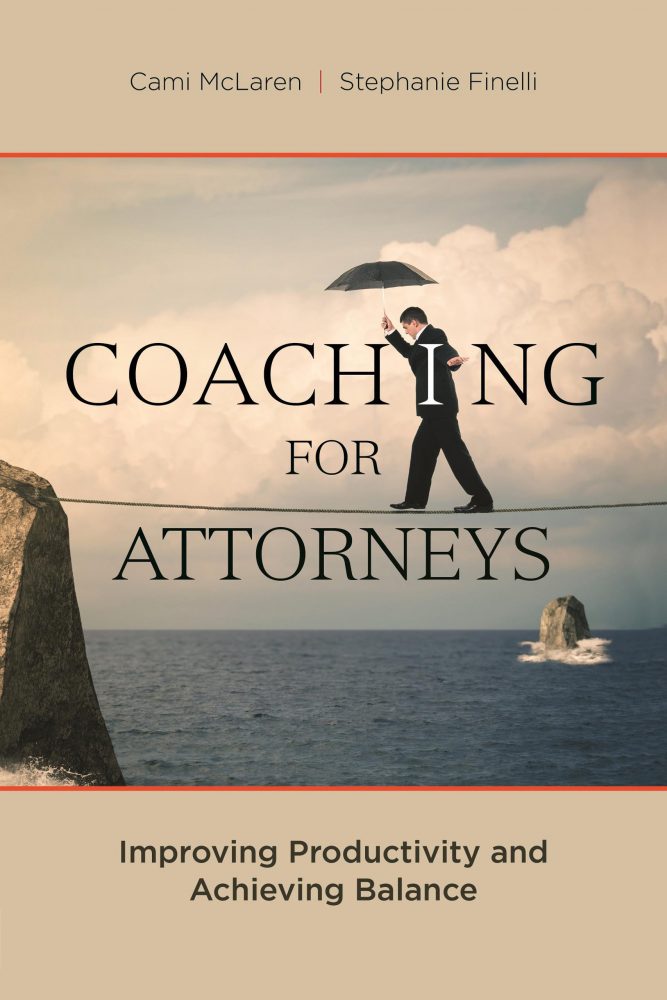Accountability, Part IV
This is the fourth in a series of blogs on the concept of accountability – the ability to account for one’s actions and results. I spend a lot of time on accountability because it is such an empowering concept and when taken to heart and truly internalized it allows you to begin to purposefully generate the results you say you want. It is also foundational to any change and employment of tools. This is true because when we are not accountable and do not take ownership for our actions, there just aren’t any tools that will allow us to make significant change.
This is a piece of the accountability picture – delineating those things you will gain from starting to be more accountable; and those things you may need to give up. This article will make the most sense to you if you have read the prior three accountability blogs/articles. [link in blast]
What you Gain; What you Give Up
As with anything, there are payoffs and prices to both accountability and victimhood. We have positive intention behind everything we do. As you look down this list, you may begin to see what your positive intention is for pointing at the circumstances. You may feel that admitting you made a mistake shows fallibility. You may fear looking imperfect or taking on work to make change. As you look at “what you give up” this is a place to truly consider what you will sacrifice to take ownership for your choices and your results. And you will also see more clearly what you stand to gain.
RESULTS OF ACCOUNTABILITY
What you gain:
- Learning from your mistakes. In this way you are not destined to repeat them. For example, when I look at the choices I made that caused me to be late, this allows me to learn and not repeat patterns that don’t work.
What you give up:
- The illusion that you don’t make mistakes. Sometimes it feels better to us to pretend it is all working, we don’t make mistakes, and if that darned traffic wasn’t so bad, then I would have been on time. We can’t learn like that. Being accountable requires that you being willing to admit where you have made a mistake.
What you gain:
- A solution-focused, rather than problem-focused attitude. When I accountably look at the choices I made that did not work for me and I do this for the purpose of learning and not repeating, I look at what do I want to create — the solution. When I am in a victim stance I focus on all the things outside me that went wrong and I complain and point fingers and wish it was different, which means I am completely focused on the problem. Shifting to a focus on the solution, rather than the problem, will have a great affect on your attitude. Most people find that it feels better to focus on solution rather than problem; that they get more energy and are able to find a solution much quicker.
What you give up:
- Avoiding the work of change. Often it is easier to pretend we cannot affect change than to admit that we can. Once you admit you can make change, it is difficult to stay in the same place and not make those changes.
What you gain:
- The results you want. When I am a victim, I have my story, but I don’t have my results. You either have your reasons, stories and excuses or you have your results. You don’t get both.
What you give up:
- Your stories and excuses. You always have the choice of pointing to your stories, your reasons and circumstances; or of buckling down and creating the result you are after. The two do not exist together. You get to choose one or the other.
What you gain:
- Others trust you more. You probably know that keeping your agreements builds trust. But being honest when you don’t keep your agreements also builds trust. It teaches people that keeping your agreements is important to you. It shows them that when you don’t, you are going to figure out what we wrong and you are going to fix it. This builds trust with others. Making excuses and pointing at circumstances, as reasons for why you did not keep your agreement, does not build trust with others.
What you give up:
- The “looking good” image: Often the reason we don’t admit to having made choices that led to not keeping our agreements is based on a fallacy that admitting to our mistakes will break trust with others. So we try to build and maintain an image of having it all together. The truth is that honesty and ownership build trust. Finger-pointing and excuse-making do not.
What you gain:
- Feeling better about yourself/increasing self-esteem. Not only is accountability empowering, but you will feel better knowing that you are being honest with yourself about your part in events and finding that you have much more control than you thought. Try it for awhile. Be rigorously accountable no matter what and see how you begin to feel.
What you give up:
- Sympathy. Sometimes we tell our victim story to get attention and comfort from others. When you stop telling your victim story, you may give up the sympathy. As a side effect, you very well may stop wanting it.
What you gain:
- People respect you more — because you are honest AND you get your results. People also have increased respect for others who have the courage to admit to mistakes and who obviously take on the work to make change.
What you give up:
- Comfort and complacency. Sometimes this is a big draw. Being accountable involves some risk, and requires a certain degree of courage.
What you gain:
- Integrity with yourself which creates higher self trust. Self trust is important — I know I will do what I say. I know I will be honest when I make a mistake. It is nearly impossible to make sustainable positive change in your life if you do not believe yourself when you say that you will do something.
What you give up:
- Staying comfortably where you are. Let’s face it: change can be uncomfortable. Even if you are not getting the results you want, there is some comfort in knowing what to expect—even if we don’t like it–in staying in the same familiar place.
Coming in August – taking a deeper look at the process of accountability and learning that can create quantum shift in all areas of your life.







